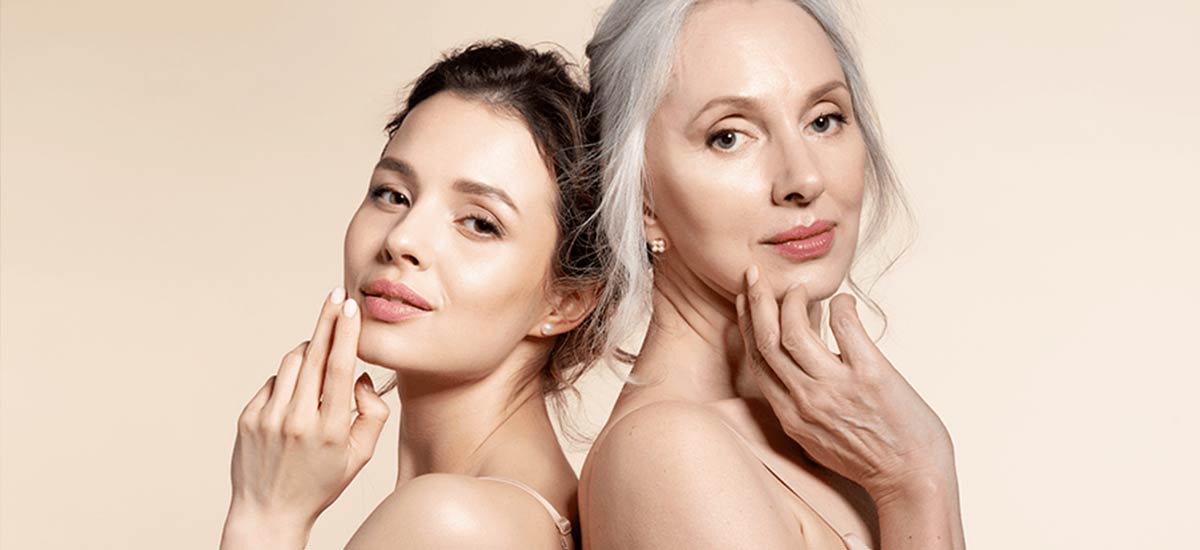
Our skin is exposed to various substances every day. First of all, with the ingredients of face care products, whose beneficial effect on the skin condition should be obvious. However, this is not always the case - sometimes instead of the expected effect, there is a feeling of discomfort, redness, itching and even burning of the skin. How can you tell if it's just an irritation or an allergic reaction?
Most of the adverse reactions of our skin to cosmetics are not allergic. In case of irritation, the effects of such a reaction can be felt immediately. They appear even within a few seconds of applying the cosmetic and cover only the area of the skin that has been in contact with the substance with irritating potential. The substances that often irritate the skin include: washing agents, alcohols, preservatives and solvents. Any symptoms associated with skin irritation recede fairly quickly after the factor that caused them has been eliminated.
The occurrence of undesirable skin symptoms and their course consists of many varied and individual factors that are directly related to the current state of our health and may change over time. The most important of them is the condition of the skin and the hydro-lipid barrier. Dry, thin and shallow vascular skin is particularly prone to symptoms. When the proper protective barrier of the epidermis is disturbed, there is an increased risk of skin irritation, even by the product well tolerated so far.
If irritation occurs after applying the cosmetic, it does not mean that you should definitely stop using it. Due to the fact that the condition of the skin varies, it is worth waiting a while and trying it again and closely watching the reaction. You should also pay attention to the fact that some active ingredients may cause slight redness and a tingling sensation in the first contact with the skin. These mainly include substances that have the ability to penetrate into the deeper layers of the epidermis, such as: retinol and its derivatives, acids, or vitamin C. Sometimes irritation happens if the skin is simply unaccustomed to some strong, natural active ingredients and it simply proves that the cosmetic really works. In such situations, the symptoms should disappear after a few applications, when the skin gets used to the stronger effects of new substances. However, if the adverse reactions persist for a long time, stop using the product - perhaps your skin does not tolerate it well. If your skin is prone to irritation, try to choose dedicated skincare products for allergic and sensitive skin.
In some cases, cosmetics can also cause allergic reactions. They are much less common and are often mistaken for irritation. For a good reason, because the skin symptoms are similar. However, there are some significant differences. The first symptoms of allergy can be noticed after a longer time after contact with the allergen, even after 48 hours. There may be erythema, urticaria, itching, swelling, and even serous-filled vesicles. The symptoms initially only appear at the site of contact with the allergen, but over time they spread to other areas of the body as well. The most common allergens in skincare products are essential oils, preservatives and dyes. If you notice allergy symptoms after using a skincare product, contact a doctor and, of course, stop using the product that caused such a reaction.

